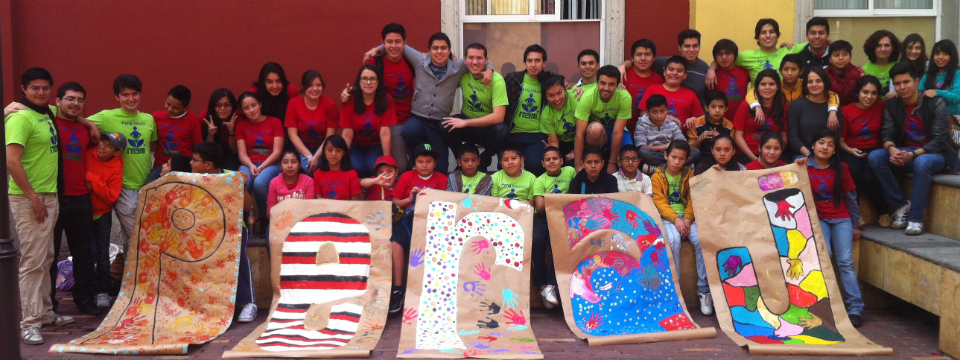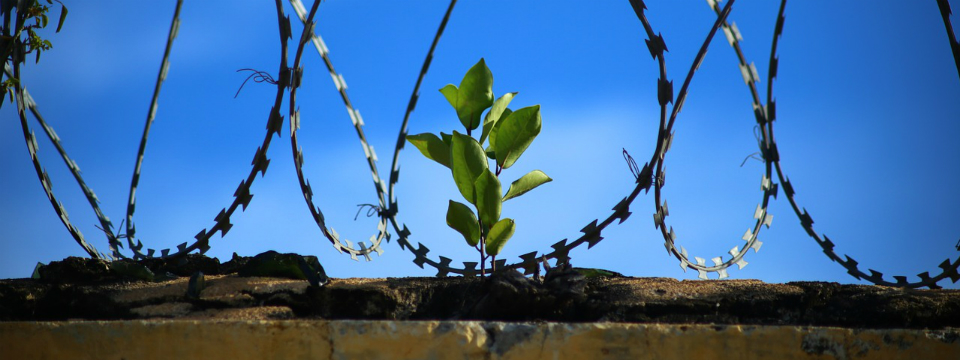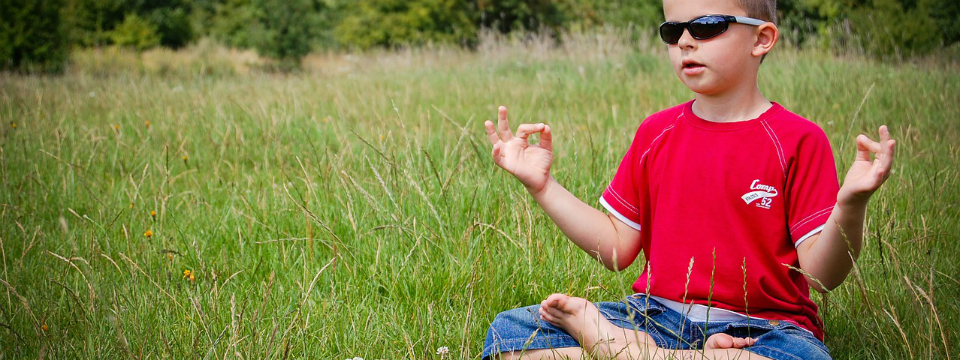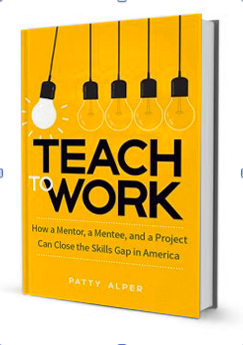Black adolescents’ relationships with natural mentors
Hurd, N. M., & Sellers, R. M. (2013). Black adolescents’ relationships with natural mentors: Associations with academic engagement via social and emotional development. Cultural Diversity and Ethnic Minority Psychology,19(1), 76-85. Background Natural mentors are caring and supportive adults that exist naturally in adolescents’ extended social networks, such as neighbors, coaches, aunts and uncles, and community members. […]











